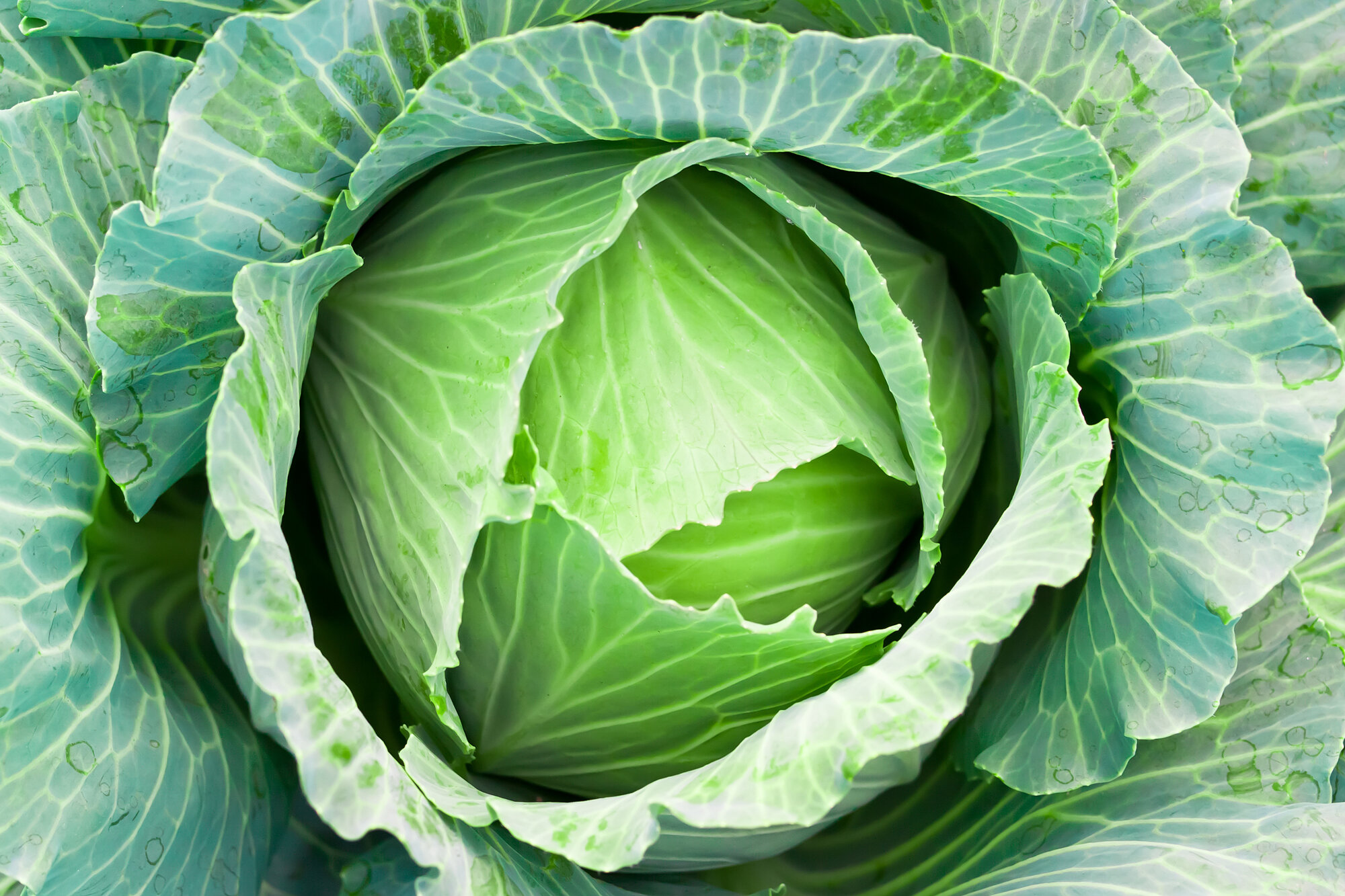
Cabbage, a cruciferous vegetable, is not only a staple in many cuisines around the world but also a powerhouse of nutrients that can significantly enhance gut health. Packed with vitamins, minerals, and dietary fiber, cabbage offers a range of health benefits, particularly for the digestive system. This guide explores the ways in which cabbage contributes to improved gut health and overall well-being.
Nutritional Profile of Cabbage

Cabbage is low in calories and rich in essential nutrients, making it a valuable addition to a healthy diet. Here are some key components:
- Vitamins: Cabbage is an excellent source of vitamins C and K, both of which play vital roles in immune function and blood clotting.
- Minerals: It contains important minerals such as potassium, calcium, and magnesium, which are essential for various bodily functions.
- Fiber: Cabbage is high in dietary fiber, which is crucial for maintaining digestive health.
How Cabbage Improves Gut Health
1. Rich Source of Dietary Fiber
Dietary fiber is essential for healthy digestion, and cabbage is an excellent source.
- Promotes Regularity: The fiber in cabbage helps to bulk up stool and promotes regular bowel movements, reducing the risk of constipation.
- Supports Healthy Gut Flora: Fiber acts as a prebiotic, providing nourishment for beneficial gut bacteria, which play a crucial role in digestive health.
2. Contains Antioxidants
Cabbage is rich in antioxidants, which help combat oxidative stress and inflammation in the gut.
- Glucosinolates: These compounds found in cabbage have been shown to have anti-inflammatory properties and may help protect the gut lining.
- Vitamins C and E: These vitamins contribute to reducing inflammation and supporting overall gut health.
3. Supports Gut Microbiome
A healthy gut microbiome is essential for overall health, and cabbage can help support this balance.
- Fermented Cabbage: Fermented forms of cabbage, such as sauerkraut and kimchi, are rich in probiotics, which enhance the diversity of gut bacteria and improve gut health.
- Diverse Nutrients: The variety of nutrients in cabbage supports the growth of beneficial bacteria, promoting a balanced gut microbiome.
4. Aids in Detoxification
Cabbage contains compounds that support the body’s natural detoxification processes.
- Sulforaphane: This compound helps activate detoxifying enzymes in the liver, aiding in the elimination of toxins from the body.
- Fiber’s Role in Detox: The fiber in cabbage can help bind to toxins and waste products, facilitating their excretion.
5. Reduces Risk of Digestive Disorders
Regular consumption of cabbage may lower the risk of various digestive disorders.
- Stomach Ulcers: Some studies suggest that cabbage juice may help heal stomach ulcers due to its anti-inflammatory properties.
- Colon Health: The fiber and antioxidants in cabbage may reduce the risk of colorectal cancer by promoting healthy cell function and reducing inflammation.
How to Incorporate Cabbage into Your Diet
Here are some delicious and easy ways to add cabbage to your meals:
- Salads: Use raw cabbage in salads for a crunchy texture and refreshing flavor. Try coleslaw or a cabbage salad with a tangy vinaigrette.
- Soups and Stews: Add cabbage to soups and stews for added nutrition. It pairs well with a variety of ingredients and adds depth to flavors.
- Stir-Fries: Sauté cabbage with other vegetables and protein for a quick and healthy stir-fry.
- Fermented Dishes: Make your own sauerkraut or kimchi at home to enjoy the probiotic benefits of fermented cabbage.
Conclusion
Cabbage is a versatile and nutritious vegetable that offers numerous benefits for gut health. Its high fiber content, antioxidant properties, and ability to support a healthy gut microbiome make it an excellent choice for anyone looking to improve their digestive health knowledge. By incorporating cabbage into your diet through various dishes, you can enjoy its health benefits while savoring its delicious taste. Embracing cabbage as part of a balanced diet can lead to better gut health and overall well-being.
Read also about Design to discover how creativity, functionality, and innovation come together to shape everything from everyday products to digital experiences.







